Hey there! Are you tired of constantly worrying about whether the dishwashing soap you’re using is safe for your septic system? Well, you’re in luck! In this blog post, I’m going to share with you the top 10 ideas for the best dishwasher soap for septic. It’s time to say goodbye to those pesky clogs and unpleasant surprises. So, sit back, relax, and let me guide you towards finding the perfect dishwasher soap that will keep your septic system running smoothly without any hassle. Let’s dive in!What is Septic Safe Dishwasher Detergent?
What is Septic Safe Dishwasher Detergent?
Any product safe for septic systems should exhibit biodegradability, eco-friendliness, and a lack of antibacterial properties. Household or cleaning products labeled as containing antibacterial agents may pose a risk to your septic system’s functionality. These antibacterial components have the potential to eradicate the beneficial bacteria crucial for efficiently breaking down waste within the septic tank.
Moreover, when it comes to dishwasher detergents, it’s essential to opt for ones that are phosphate-free. Phosphates, being non-organic acidic chemicals, can also harm the beneficial bacteria residing in the septic tank. While phosphates are favored for their potent cleaning abilities, the call to eliminate them from products is growing due to their harmful impact on septic systems and their contribution to environmental issues like water pollution in lakes and rivers.
Biodegradable and eco-friendly products facilitate easier decomposition within your septic tank, requiring less energy in the process. Additionally, they are generally safer for humans and can be used without concerns around pets and children. In essence, embracing such products in our daily lives whenever feasible contributes to both individual well-being and environmental sustainability.
Why Does it Matter if a Detergent is Septic Safe?
Indeed, using dishwasher detergents containing phosphates or other harmful ingredients can significantly jeopardize the efficiency and safety of your septic system. These components have the potential to eliminate the beneficial bacteria essential for breaking down waste within the tank, resulting in a slowdown of waste decomposition. Consequently, the system may fill up more quickly and potentially overflow, exceeding its capacity. This can give rise to a host of problems, including sluggish drainage, foul odors, and the ultimate risk of sewer backup.
Undoubtedly, these are issues we all aim to avoid, underscoring the paramount importance of exclusively utilizing products that are explicitly safe and suitable for septic systems.
It’s worth noting that such septic-safe products tend to be more environmentally friendly as well. By opting for products compatible with your septic system, you contribute to the reduction of water pollution, thereby mitigating its detrimental effects on aquatic life, such as fish and other wildlife. This environmentally responsible choice aligns with broader conservation efforts and helps protect our ecosystems.
Best dishwasher soap for septic
Natural dish soap with enzymes
Natural dish soap with enzymes is a creative and attractive idea for those looking for the best dishwasher soap for septic systems. This eco-friendly solution not only ensures the cleanliness of your dishes but also takes care of your septic tank. Here are some helpful tips and tricks to make the most of this idea:
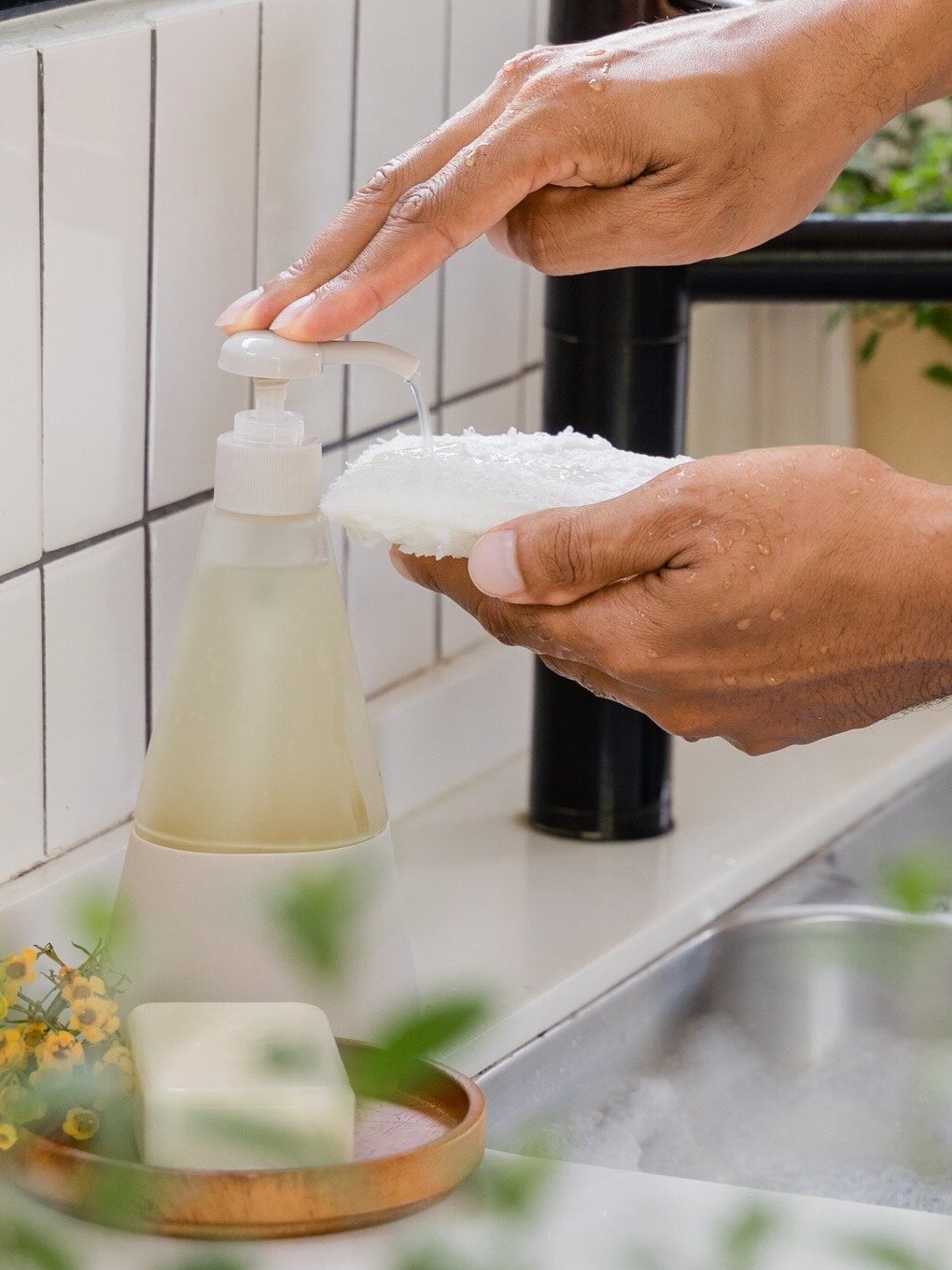
- Look for septic-safe labels: When shopping for dishwasher soap, always make sure to look for labels that specifically mention being septic-safe. This ensures that the soap is specifically designed for use in septic systems without causing any harm or disruption.
- Opt for biodegradable options: Choosing a biodegradable dishwasher soap is not only good for your septic system but also for the environment. Biodegradable soaps are made with natural ingredients that break down easily, leaving no harmful residue behind.
- Check for enzyme-based formulas: Enzyme-based dish soaps are highly effective in breaking down food particles and stains. They contain enzymes that act as natural cleaning agents, making them ideal for septic systems. These enzymes help to enhance the digestion and breakdown process in your septic tank.
- Avoid phosphates and harsh chemicals: Dishwasher soaps that contain phosphates and harsh chemicals can be harmful to your septic system. These ingredients can disrupt the natural balance of bacteria in the tank, leading to potential issues. Look for phosphate-free and chemical-free alternatives to ensure the health of your septic system.
- Use the recommended amount: Using too much dishwasher soap can overload your septic system and lead to clogging or other problems. Always follow the recommended amount for each load specified on the soap packaging. This will help ensure optimal performance without overwhelming your septic system.
- Regularly maintain your septic system: While using the best dishwasher soap for septic is essential, regular maintenance of your septic system is equally important. Schedule routine inspections, pump your tank as needed, and avoid flushing anything that could clog or damage the system.
With these tips and tricks in mind, you can confidently choose the best dishwasher soap for your septic system. By opting for a natural dish soap with enzymes, you’ll not only keep your dishes clean but also contribute to the well-being of your septic tank and the environment.
Phosphate-free dish soaps
Phosphate-free dish soaps for septic systems are a creative and attractive solution for those concerned with both the environment and the health of their septic systems. By using the best dishwasher soap for septic, homeowners can maintain a clean kitchen while also ensuring the functionality and longevity of their septic systems. Here are some tips and tricks to consider when using phosphate-free dish soaps for septic systems:
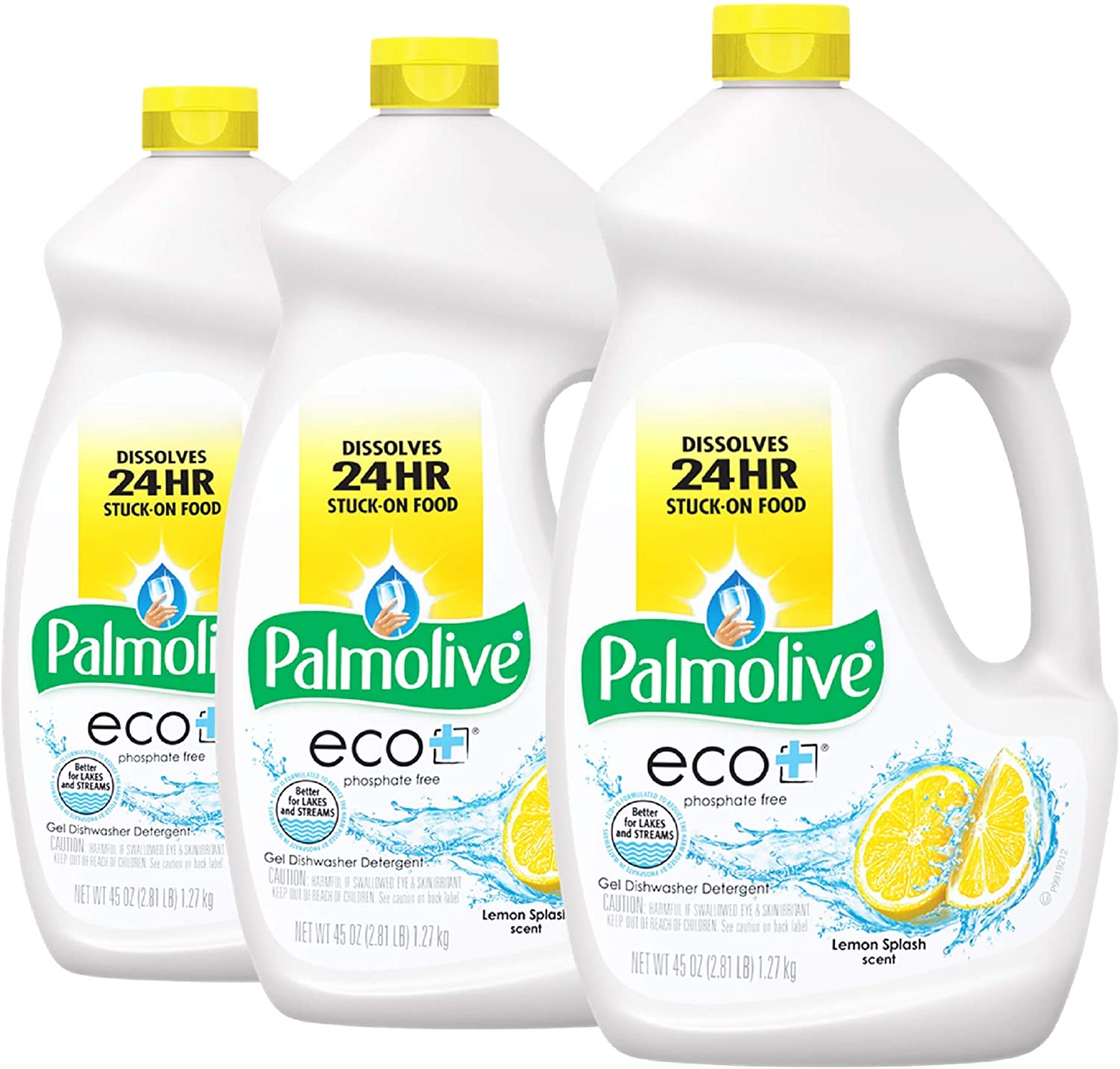
- Look for septic-safe labels: When purchasing dishwasher soap, always search for products specifically labeled as septic-safe or suitable for septic systems. These detergents are designed to be gentle on your septic system while effectively cleaning your dishes.
- Choose phosphate-free options: Phosphates are common ingredients found in traditional dish soaps and can be harmful to septic systems. Opt for phosphate-free dish soaps that are formulated without these additives. They are equally effective in cleaning your dishes while being safe for septic systems.
- Proper dosage: Follow the manufacturer’s recommended dosage instructions when using dishwasher soap. Using too much soap can lead to excessive foam, which can overload your septic system. Using too little may result in inadequate cleaning. Finding the right balance is crucial to maintaining a healthy septic system.
- Pre-rinse your dishes: To ensure the best performance of your dishwasher soap, it’s advisable to pre-rinse your dishes before loading them in the dishwasher. This reduces the amount of food particles and grease entering your septic system, preventing clogs and buildup.
- Regular maintenance: Besides using the best dishwasher soap for septic, it’s essential to perform regular septic system maintenance. This includes scheduling professional inspections, pumping your septic tank as recommended, and being mindful of what you flush down your drains. Avoid pouring harsh chemicals or non-biodegradable substances into your septic system.
- Natural alternatives: Consider using natural alternatives in conjunction with phosphate-free dish soaps. For example, vinegar can be used as a rinse aid, helping to remove any remaining residue from your dishes while keeping your dishwasher clean.
- Educate household members: Ensure everyone in your household knows the importance of using septic-safe dishwasher soap and how it contributes to the overall health of the septic system. Encourage them to follow the guidelines for proper usage and maintenance.
By following these tips and utilizing the best dishwasher soap for septic, you can effectively clean your dishes while taking care of your septic system. Embracing phosphate-free options not only benefits the environment but also promotes the smooth operation of your septic system, ultimately saving you from potential costly repairs or replacements.
Biodegradable dishwashing liquids
Title: Biodegradable Dishwashing Liquids: The Best Dishwasher Soap for Septic Systems
Introduction: Finding the best dishwasher soap for septic systems is not only essential for ensuring the longevity of your septic tank but also for minimizing your environmental impact. Biodegradable dishwashing liquids offer a creative and attractive solution for individuals looking to maintain the health of their septic system while also being eco-friendly. Here are some tips and tricks to consider when choosing the best dishwasher soap for septic systems.
1. Look for septic-safe labels
When browsing for dishwasher soap, pay close attention to labels that indicate the product is specifically formulated for septic system use. These labels often mention terms such as “septic safe,” “septic system-friendly,” or “safe for septic tanks.” These indications assure that the dishwasher soap is designed to break down effectively in your septic system without causing any harm.
2. Choose eco-friendly and biodegradable formulations
Opt for dishwasher soaps that are labeled as eco-friendly or biodegradable. These formulations are typically made from natural ingredients, such as plant-based enzymes or oils, which are gentle on both your dishes and the septic system. Using biodegradable dishwasher soap helps reduce the accumulation of harmful chemicals in your septic tank, preserving its overall health.
3. Consider phosphate-free options
Phosphates, common ingredients in many conventional dishwasher soaps, can be harmful to septic systems. Phosphates contribute to excessive algae growth in water bodies when released in the effluent. To prevent this, choose dishwasher soaps that are phosphate-free. These products still achieve effective cleaning results while minimizing their environmental impact.
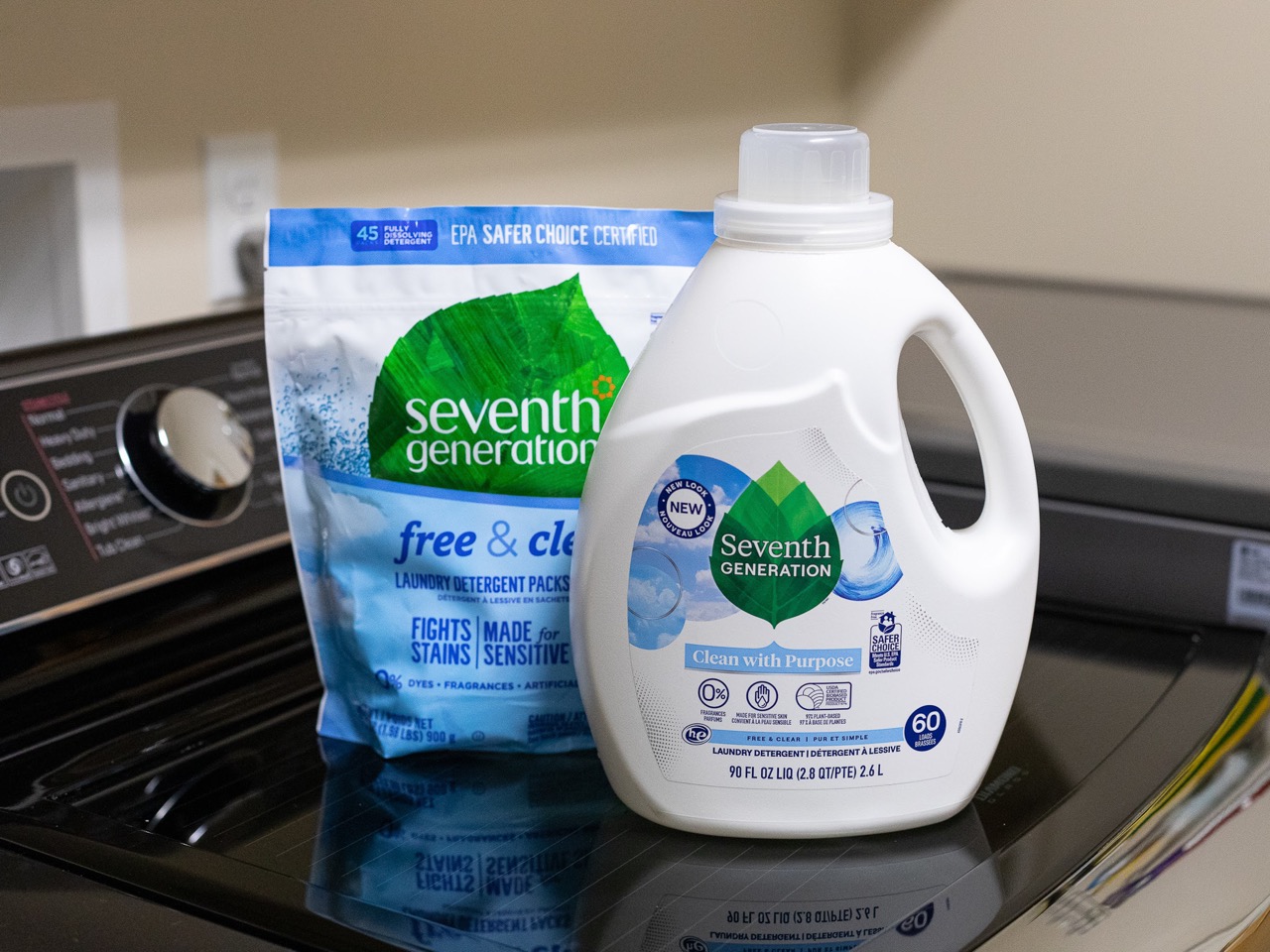
4. Read customer reviews and ratings
To ensure you’re choosing the best dishwasher soap for septic systems, take the time to read customer reviews and ratings. Look for feedback specifically regarding the soap’s performance with septic systems. Ratings and reviews give you insight into the real-life experiences of others using the product and can help you make an informed decision.
5. Avoid bleach-based or chlorine-containing dishwasher soaps
Bleach and chlorine-based dishwasher soaps may be powerful cleaning agents, but they can harm the bacteria in your septic tank that break down waste. Opt for dishwasher soaps that are free from bleach and chlorine. These alternatives will effectively clean your dishes without negatively impacting the delicate balance of your septic system.
6. Follow recommended dosage instructions
To prevent any potential issues with your septic system, always follow the recommended dosage instructions mentioned on the dishwasher soap packaging. Using too much soap can lead to excessive foaming, disrupting the proper functioning of your septic tank. Use only the necessary amount for clean and safe results.
7. Regularly maintain your septic system
While choosing the best dishwasher soap for septic systems is crucial, regular maintenance of your septic tank is also vital. Schedule routine inspections and cleaning to avoid any build-up or blockages that could result from extended use of dishwasher soap. Professional septic system maintenance will ensure optimal performance and longevity.
By following these tips, you can select the best dishwasher soap for septic systems that is not only effective in providing clean dishes but also environmentally friendly. Ensure the longevity and health of your septic system while minimizing your ecological footprint with biodegradable and septic-safe dishwasher soaps.
Dishwasher detergents with enzymes
Tips and Tricks: Dishwasher Detergents with Enzymes for Septic Systems
- Look for Enzyme-based Formulas: When searching for the best dishwasher soap for septic systems, opt for detergents that specifically mention the presence of enzymes in their formula. Enzymes are natural substances that break down food particles and grease, helping to effectively clean your dishes without harming your septic system.
- Check for Compatibility: Ensure that the dishwasher detergent you choose is compatible with septic systems. Some products may contain harsh chemicals that can disrupt the natural balance of bacteria in your septic tank, leading to potential issues. Always look for labels that indicate “septic-safe” or explicitly mention compatibility with septic systems.
- Avoid Phosphates and Fragrances: Phosphates are commonly found in dishwasher detergents as they aid in removing stubborn food stains. However, they can harm the natural bacterial balance in your septic system. Similarly, fragrances may contain additives that are harmful to septic tanks. To promote a healthy septic system, choose enzyme-based detergents without phosphates or artificial fragrances.
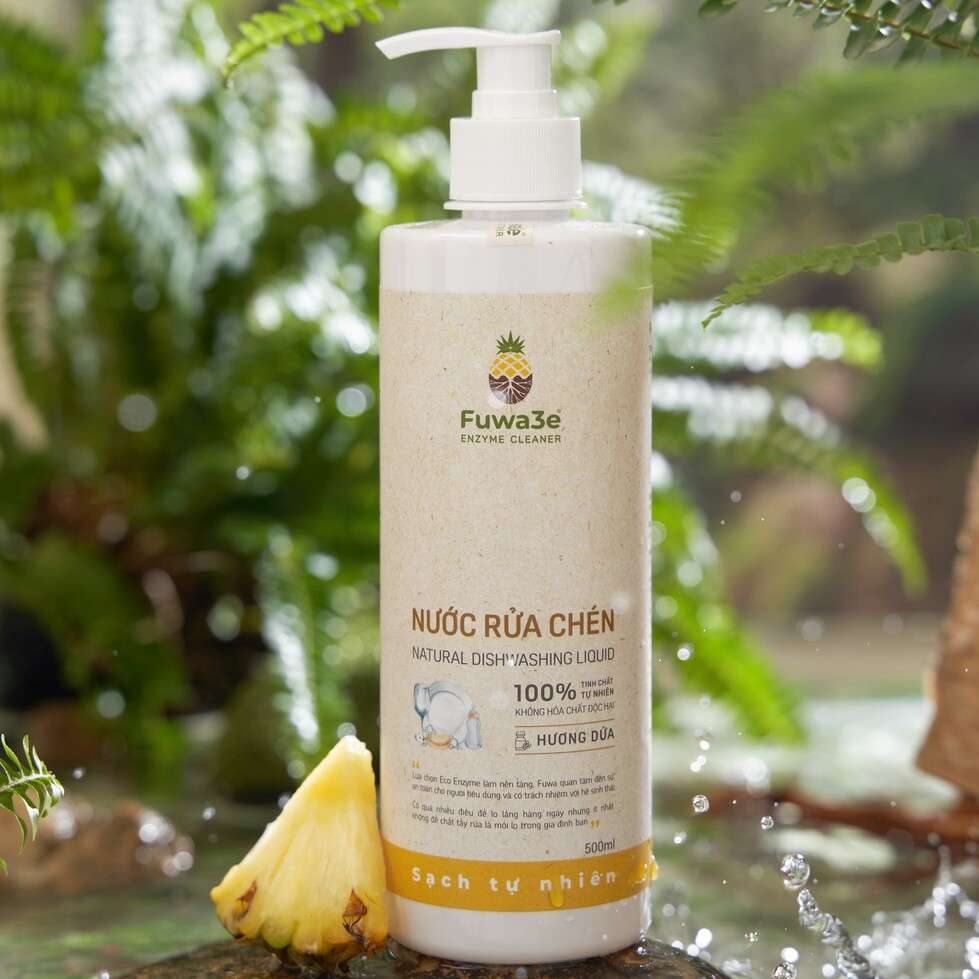
- Use Recommended Amounts: Follow the manufacturer’s instructions and use the recommended amount of detergent. Using too much can result in excessive suds, which can potentially clog your septic system. Using less than the recommended amount might not provide optimal cleaning performance. Finding the right balance is crucial for both clean dishes and a well-maintained septic system.
- Pre-rinse for Excess Food Debris: To ensure your dishwasher detergent works effectively, it is always a good practice to scrape off and pre-rinse excess food debris from your dishes before loading them into the dishwasher. This prevents large food particles from entering your septic system and helps the enzymes in the detergent focus on breaking down smaller food residues.
- Regularly Clean the Dishwasher: Maintaining a clean dishwasher is essential for both performance and the longevity of your septic system. Remove any food debris caught in the filter regularly and clean the dishwasher’s interior surfaces to prevent buildup and potential clogging issues.
Remember, regular septic system maintenance, such as pumping and inspections, is necessary for optimal performance and longevity. Using dishwasher detergents with enzymes specifically formulated for septic systems is just one aspect of proper septic care.
Low-sudsing, eco-friendly soap
Low-sudsing, eco-friendly soap is a creative and attractive idea, especially for those individuals who are conscious about the environmental impact of their cleaning routines. This innovative solution not only offers effective cleaning but also ensures the preservation of septic systems. Here are some tips and tricks for choosing the best dishwasher soap for septic systems:
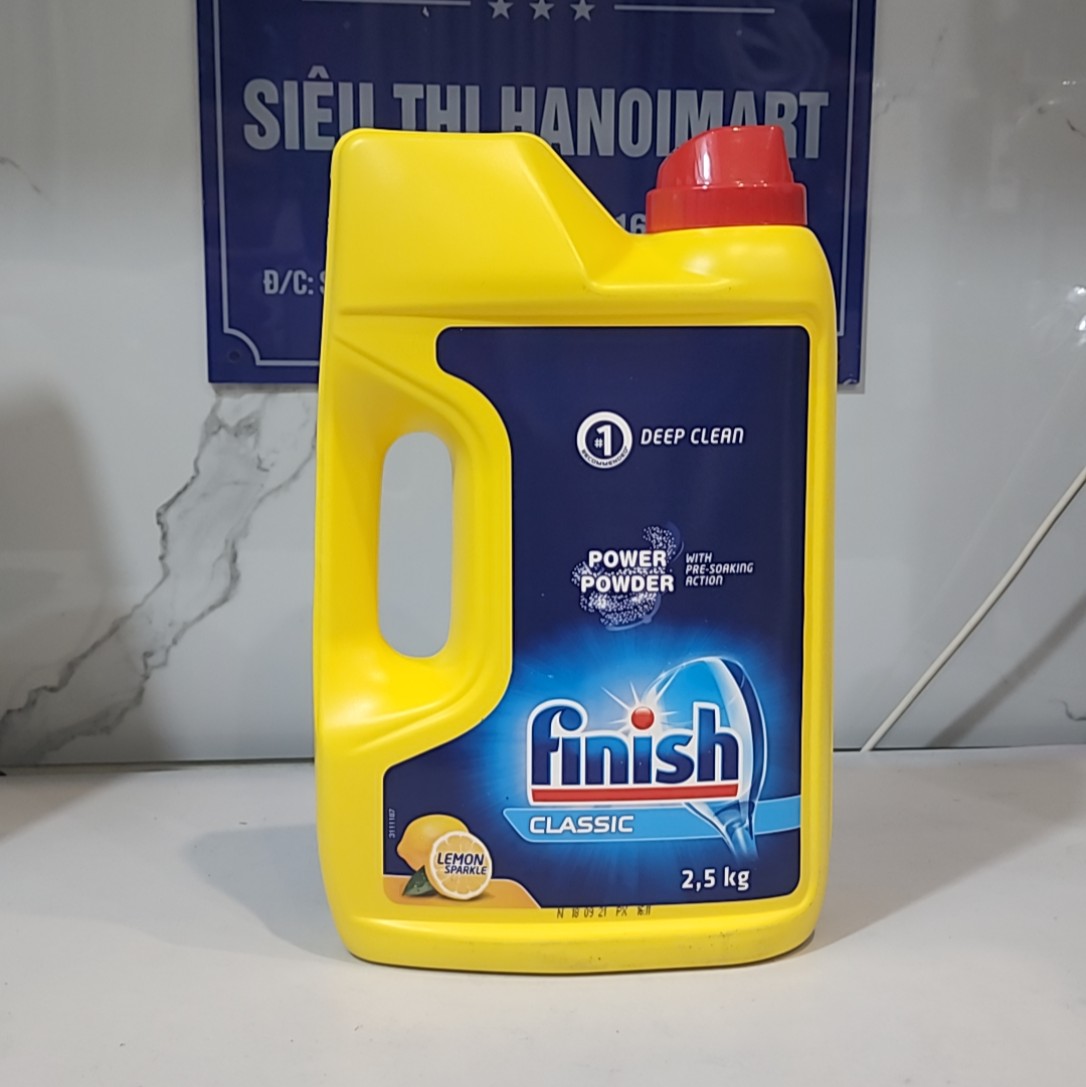
- Look for “low-sudsing” or “septic-safe” labels: When choosing a dishwasher soap, prioritize options that specifically mention “low-sudsing” or “septic-safe” on their packaging. These labels indicate that the soap is formulated to produce fewer suds, minimizing the risk of clogs or damage to septic systems.
- Read ingredient labels: Opt for dishwasher soaps that are made with natural, biodegradable ingredients. Avoid products that contain harsh chemicals such as phosphates, chlorine bleach, or artificial fragrances. Choosing soap with environmentally friendly ingredients ensures that it won’t harm the delicate balance of your septic system.
- Prioritize phosphate-free options: Phosphates, commonly found in many dishwasher soaps, can cause excessive algal growth in water bodies, leading to harmful effects on aquatic life. Phosphate-free dishwasher soaps are not only better for the environment but also safer for septic systems.
- Consider enzyme-based options: Enzyme-based dishwasher soaps are a great choice for septic systems as they break down food particles and grease effectively without causing harm. Enzymes are natural and gentle, yet highly efficient at removing stubborn stains and residues.
- Avoid overly abrasive formulations: Some dishwasher soaps may be overly abrasive and can damage the internal components of your dishwasher or septic system. It’s essential to choose a soap that strikes the right balance between effective cleaning and protecting your appliances.
- Go for eco-certified and biodegradable options: Look for dishwasher soaps that carry eco-certifications such as Ecocert or the USDA Organic seal. These certifications ensure that the product has met stringent environmental standards and is safe to use in septic systems.
- Follow manufacturer recommendations: Always follow the manufacturer’s instructions for usage and recommended quantities. Using too much soap or overloading the dishwasher can strain your septic system and hinder its proper functioning.
By following these tips and tricks, you can confidently select the best low-sudsing, eco-friendly dishwasher soap for your septic system. Embracing this idea ensures both effective cleaning results and a healthier environment.
Natural plant-derived surfactants
Tips and Tricks for Using Natural Plant-Derived Surfactants as the Best Dishwasher Soap for Septic Systems
- Read product labels: Look for dishwashing soaps specifically labeled as “natural,” “plant-derived,” or “biodegradable.” This ensures they are septic-safe and environmentally friendly.
- Avoid synthetic additives: Synthetic additives like phosphates and chlorine in dishwasher soaps can harm the delicate balance of septic tanks. Choose plant-derived surfactants without these additives to protect your septic system.
- Opt for enzymes: Enzymes help to break down organic matter, making them effective for cleaning dishes while minimizing the impact on septic systems. Look for dishwasher soaps that contain enzymes derived from natural sources, such as enzymes from plants or fruits.
- Consider pH balance: Dishwasher soaps with a neutral or slightly alkaline pH are generally safe for septic systems. Avoid highly acidic or alkaline products that can disrupt the bacterial activity in your septic tank.
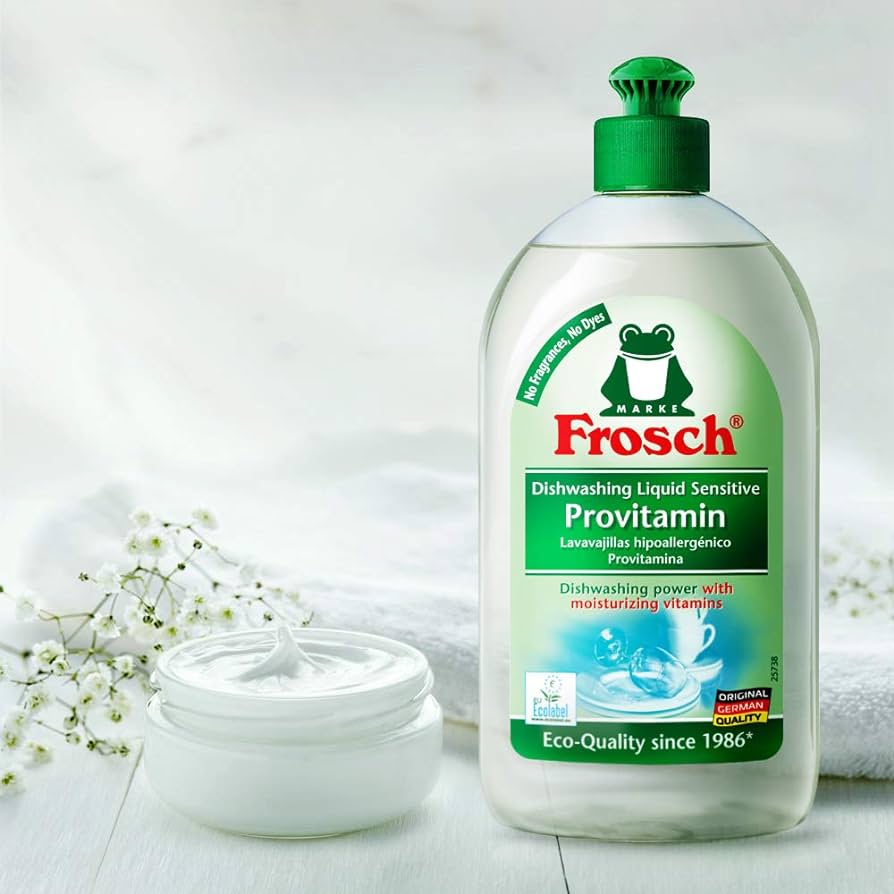
- Go fragrance-free: While pleasant scents may enhance your dishwashing experience, fragrance additives can contain chemicals that are harmful to septic systems. Opt for fragrance-free or naturally scented dishwasher soaps.
- Use the recommended amount: Follow the manufacturer’s instructions regarding the amount of dishwasher soap to use. Using more than necessary can lead to excessive sudsing, which may strain your septic system.
- Pre-rinse if necessary: Consider pre-rinsing heavily soiled dishes before loading them into the dishwasher. This can reduce the amount of food debris and grease entering the septic system, helping it function optimally.
- Regular maintenance: Even with the best dishwasher soap for septic systems, it’s still important to maintain your septic system regularly. Have it inspected and pumped every few years to prevent clogs and maintain its efficiency.
- Educate household members: Inform everyone in your household about the importance of using septic-safe dishwasher soap. Encourage them to follow the guidelines and avoid using conventional dishwashing soaps that may harm the septic system.
- Research reputable brands: Do some research to find trustworthy brands that produce natural, plant-derived dishwasher soaps known to be safe for septic systems. Check for positive customer reviews and certifications to ensure their effectiveness and eco-friendliness.
By following these tips and tricks, you can effectively clean your dishes while safeguarding the health and functionality of your septic system using natural plant-derived surfactants, making them the best dishwasher soap for septic use.
Dishwashing liquids made from coconut or vegetable-based oils
Tips and Tricks for the Best Dishwasher Soap for Septic: Dishwashing Liquids Made from Coconut or Vegetable-Based Oils
- Read labels carefully: Look for dishwashing liquids that explicitly mention being made from coconut or vegetable-based oils. These natural oils are biodegradable and environmentally friendly, making them safe for septic systems.
- Avoid harsh chemicals: Traditional dishwashing soaps often contain chemicals that can harm septic systems. Opt for products that are free from chlorine, phosphates, and artificial fragrances.
- Check for septic-safe certification: Look for dishwashing liquids that are specifically certified as safe for septic systems. These certifications ensure that the product has been independently tested and proven to be compatible with septic tanks.
- Use eco-friendly dishwasher cycles: Reduce the workload on your septic system by utilizing eco-friendly or energy-saving cycles on your dishwasher. These cycles use less water and energy, putting less strain on your septic system.
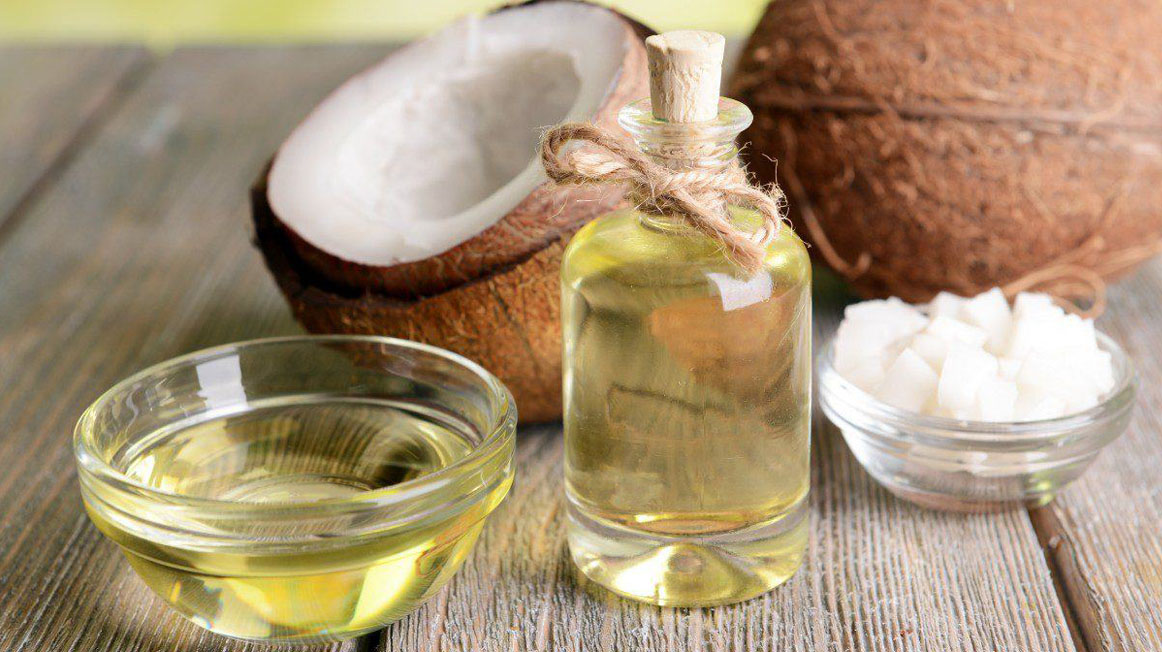
- Use appropriate dosages: Follow the manufacturer’s guidelines when it comes to the amount of dishwashing liquid to use. Using excessive amounts can lead to excessive sudsing, which might be challenging to break down in the septic system.
- Pre-rinse lightly: Scraping off excess food particles before loading your dishwasher can greatly reduce the workload on both your septic system and the effectiveness of the dishwashing liquid. However, avoid heavy pre-rinsing, as this can waste water and decrease the efficiency of your dishwasher.
- Regular maintenance and pumping: Regardless of the type of dishwashing liquid you use, regular maintenance and pumping of your septic system are crucial. Follow the recommended timeline for pumping, and consider using septic-safe additives to maintain a healthy balance of bacteria in your tank.
- Test and observe: If you switch to a new dishwashing liquid, watch for any signs of septic system issues such as slow draining, foul odors, or wastewater backups. If you notice any problems, switch back to a previously used dishwashing soap that has proven septic-safe.
Remember, using dishwashing liquids made from coconut or vegetable-based oils is not only beneficial for your septic system but also for the environment. These eco-friendly alternatives provide effective cleaning power while minimizing the negative impact on septic tanks.
Dishwashing liquids with natural citrus oils
Tips and Tricks for Using Dishwashing Liquids with Natural Citrus Oils – Best Dishwasher Soap for Septic:
- Read the Label: When purchasing dishwashing liquids that contain natural citrus oils, carefully read the label to ensure it is safe for septic systems. Look for specific indications that the product is suitable for septic use.
- Biodegradable Formulas: Opt for dishwashing liquids that are biodegradable as they break down easily in septic systems without causing potential harm to the environment or disrupting the septic tank’s natural processes.
- Limited Chemicals: Choose dishwashing liquids that have minimal chemicals, as they are gentler on septic systems. Citrus oils are natural degreasers, so they can effectively remove dirt and grime without the need for harsh chemicals.
- Dilute if Necessary: Natural citrus oils can be quite potent, so if you find that the dishwashing liquid is too strong, consider diluting it with water. This can help reduce any potential strain on your septic system while still maintaining its cleaning abilities.
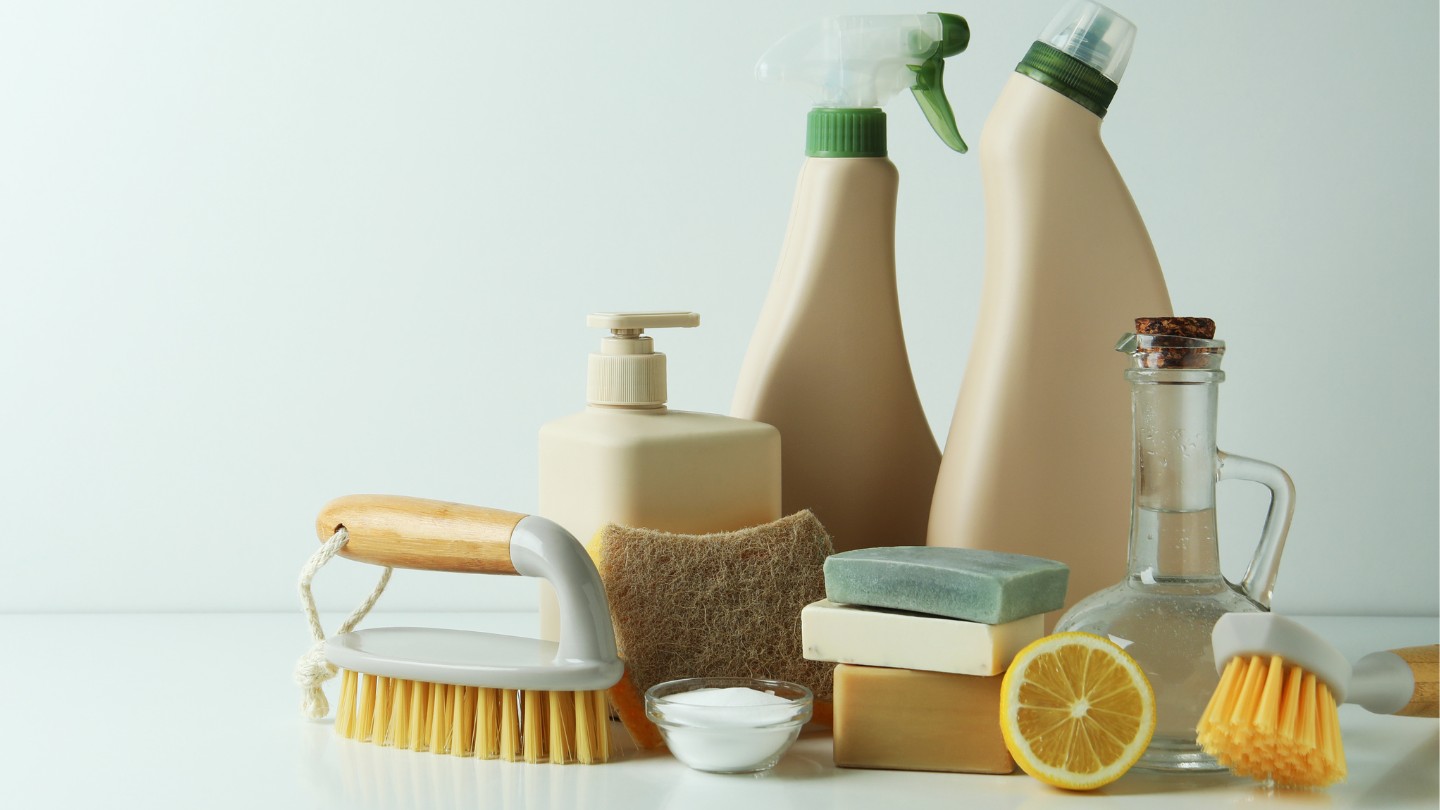
- Mindful Usage: To avoid overwhelming septic systems, only use the recommended amount of dishwashing liquid for each load. Using excessive amounts can lead to more soap residue, which can interfere with the septic system’s proper functioning.
- Supplementary Cleaning: Occasionally, consider using septic-safe enzyme cleaners specifically designed for septic tanks. These cleaners can help break down any residual oils or grease that may accumulate over time, ensuring your septic system remains in good working order.
- Regular Maintenance: Proper maintenance of your septic system is crucial. Regularly schedule septic tank pumping and maintenance to prevent any buildup or clogs that can be caused by even the best dishwasher soap for septic systems.
- Avoid Solvents and Bleach: Some dishwashing liquids may contain solvents or bleach, which can be detrimental to septic systems. Always check the ingredients and avoid using products with these substances if you are looking for the best dishwasher soap for septic.
- Non-Toxic Fragrances: While natural citrus oils add a pleasant scent, be cautious about using dishwashing liquids with artificial fragrances. These fragrances often contain chemicals that can be harmful to septic systems. Opt for unscented or naturally scented options.
- Seek Professional Advice: If you have specific concerns about using dishwashing liquids with natural citrus oils in your septic system, it is wise to consult with a professional septic service provider to ensure compatibility and receive expert guidance.
Remember that maintaining a healthy septic system is essential for the longevity and functionality of your overall plumbing system. By using the best dishwasher soap for septic and following these tips and tricks, you can effectively clean your dishes while minimizing any negative impact on your septic system.
Natural dishwashing liquids with essential oils
- Choose plant-based ingredients: When selecting natural dishwashing liquids with essential oils, look for products that are made from plant-based ingredients. These formulas are typically more gentle on the environment and septic systems, reducing the risk of harm to the delicate ecosystem.
- Check for essential oils derived from antibacterial plants: Essential oils derived from antibacterial plants can provide additional cleaning power to your natural dishwashing liquid. Look for ingredients such as lemon, tea tree, lavender, or eucalyptus oils, as these have natural antibacterial properties. They can help kill germs and bacteria on your dishes without the need for harsh chemicals.
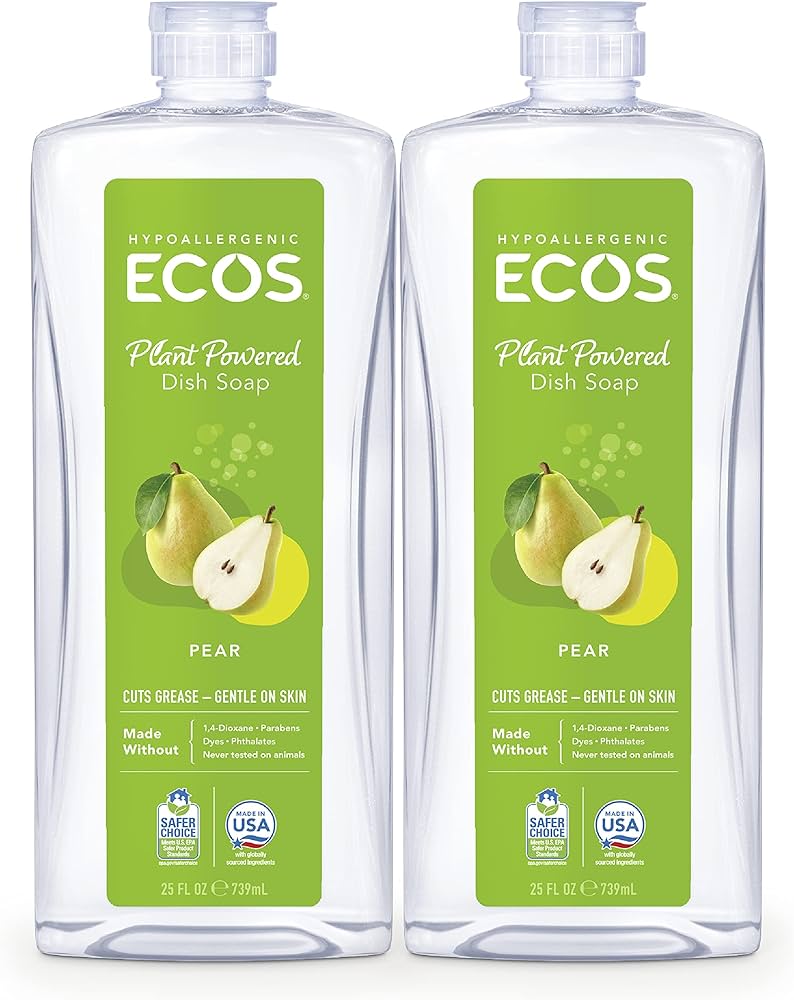
- Avoid additives harmful to septic systems: Some dishwashing soaps contain additives that can be harmful to septic systems. These additives can disrupt the natural balance of bacteria in the septic tank, leading to potential issues down the line. Look for products that are specifically labeled as safe for septic systems to ensure you’re not damaging your system.
- Seek biodegradable formulas: Dishwashing liquids that are biodegradable break down easily in the environment, minimizing their impact on septic systems and waterways. Look for products that specifically state that they are biodegradable on the packaging and avoid those with toxic ingredients that can harm the ecosystem.
- Use the recommended amount: Natural dishwashing liquids are often concentrated, meaning you don’t need to use as much as conventional dish soaps. Follow the recommended usage instructions to maximize cleaning efficiency and minimize waste. Using too much soap can lead to residue buildup in both your dishes and your septic system.
- Maintain regular septic system maintenance: Even with the use of natural dishwashing liquids, it’s important to maintain regular septic system maintenance. This includes regular inspections, pumping, and ensuring that your system is properly sized for your household’s needs. Proper maintenance will prevent any potential issues caused by dishwashing soap or other factors.
- Consider homemade alternatives: If you prefer to have complete control over the ingredients in your dishwashing liquid, you can also consider making your own at home. There are many recipes available online that use natural ingredients such as castile soap, vinegar, essential oils, and baking soda. However, ensure that the homemade cleaner you choose is safe for septic systems.
Remember, always read the labels and do thorough research before purchasing a natural dishwashing liquid. Look for products that are specifically designed to be safe for septic systems and avoid any ingredients that may harm the environment. By choosing the best dishwasher soap for septic, you can effectively clean your dishes while minimizing negative impacts on your septic system and the environment.
Dishwashing liquids with natural enzymes
Tips and Tricks for Using Dishwashing Liquids with Natural Enzymes: The Best Dishwasher Soap for Septic Systems
- Read the ingredients: Look for dishwashing liquids that contain natural enzymes, which are derived from organic sources such as fruits, plants, or bacteria. Avoid products that contain harsh chemicals like phosphates, chlorine, or artificial fragrances as they can harm septic systems.
- Check for septic-safe labels: Look for dishwasher soaps labeled as septic-safe or suitable for septic systems. These products are specifically formulated to be gentle on septic tanks and won’t disrupt the microbial balance necessary for effective wastewater breakdown.
- Use the right amount: Follow the recommended dosage instructions on the packaging. Using more detergent than necessary may create excessive foam, which can overwhelm the septic system’s drainage capacity and impede its overall performance.
- Pre-rinse wisely: Scraping off excess food particles before loading dishes into the dishwasher is beneficial for both septic systems and overall cleaning efficiency. However, excessive pre-rinsing can lead to excessive water consumption, which can strain the septic tank. Strike a balance by removing large food chunks but leaving smaller scraps that can be effectively cleaned via the dishwasher’s natural enzyme action.
- Opt for eco-friendly dishwasher cycles: Some dishwashers offer eco-friendly or energy-saving cycles that use less water and shorter wash times. Using this type of cycle reduces water usage and minimizes the strain on your septic system. Additionally, shorter washes decrease the detergent amount needed for cleaning, resulting in a more septic-friendly routine.
- Regular septic maintenance: Apart from using a natural enzyme-based dishwasher soap, it’s essential to maintain your septic system regularly. Schedule routine inspections, pump-outs, and maintenance checks to ensure optimal functionality. This includes checking drain lines, baffles, and effluent levels.
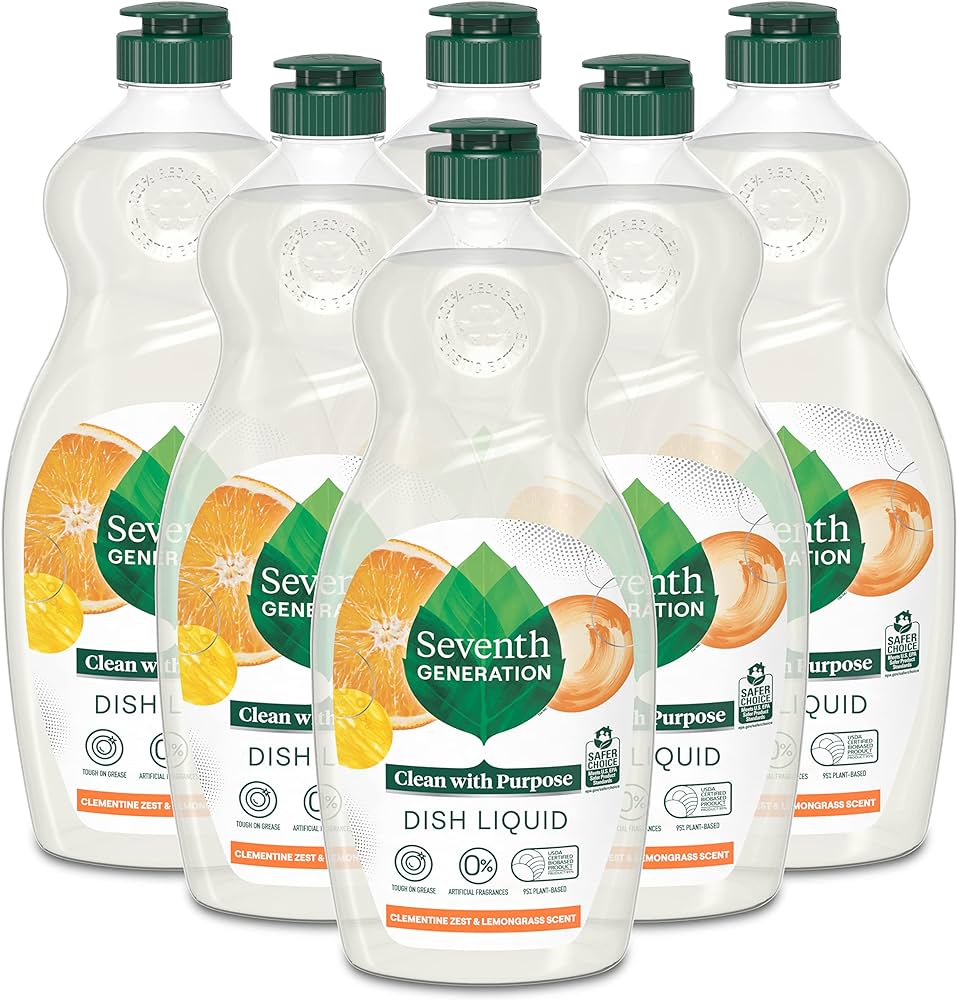
- Avoid excessive greasy dishes: Grease and oils can gradually build up in septic systems and hinder their proper functioning. Scrape off excess grease from pans and plates before loading them into the dishwasher. Additionally, wipe greasy dishes with a paper towel or dispose of excess fats in the trash to prevent clogging the system.
- Use natural rinse agents: Instead of chemical-based rinse agents, opt for natural alternatives like white vinegar or citric acid. These options not only aid in spot-free drying but also help maintain a healthy septic system by avoiding the introduction of harsh chemicals.
- Proper disposal of hazardous materials: Avoid pouring or flushing hazardous substances like paint, solvents, or medications down the drain or toilet. These chemicals can disrupt the septic system’s delicate balance and compromise its functionality.
- Educate your household members: Teach everyone in your household about the importance of using dishwasher soaps with natural enzymes and how to be conscious of what goes down the drain. Proper usage and awareness will go a long way in preserving your septic system’s health.
Remember that maintaining a healthy septic system goes beyond using the best dishwasher soap; it requires regular upkeep, responsible water usage, and proper waste disposal practices.
Final Words
For this reason, choosing a dishwasher soap for septic systems is not something you ought to take lightly. You want products that will not only clean your dishes effectively, but are also gentle on septic tanks and the environment as well. Natural dish soap with enzymes, phosphate-free dish soaps, biodegradable dishwashing liquids, dishwasher detergents with enzymes, and low-sudsing, eco-friendly soap are all excellent options to consider. By choosing these products, you can not only maintain the health and longevity of your septic system but also contribute to the overall well-being of our planet. Making this small change in your daily routine can have a significant impact on the environment and, ultimately, improve your own life by preserving the pristine condition of your septic system and reducing your ecological footprint. So, next time you reach for dishwasher soap, remember the significance of choosing the best option for your septic system and the world we live in.
